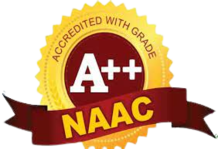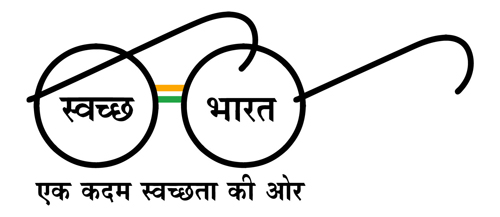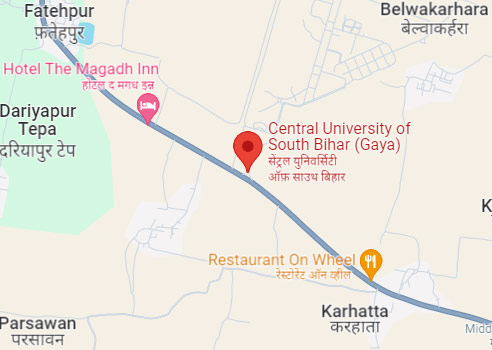Code of Ethics
In exercise of the power vested in sub section-xxi of Section 6 (I) of the Central Universities Act – 2009, pursuant to the adoption by the Statutory Bodies of the University the ‘Code of Professional Ethics’ contained in Clause 17.0 of UGC Regulation 2018 is hereby notified for implementation. These shall be applicable to all the employees and students of the University alongside the provisions of CUSB Ordinance.












